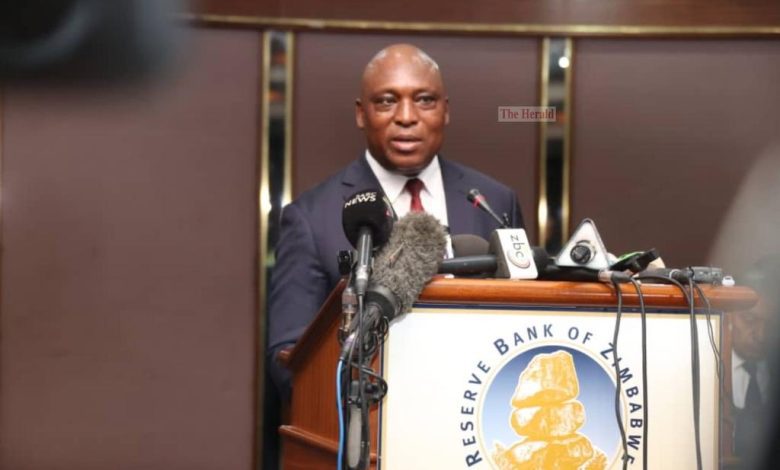Tobacco hectarage rises by 4%
Government says there has been an improvement in the hectarage of land planted under tobacco.
In an interview with NewsDay Farming, Lands, Agriculture, Fisheries, Water and Rural Development ministry permanent secretary John Basera said the hectarage increased by 4% to 117 000 at the beginning of the 2022/23 summer cropping season compared to an area planted in the same period the prior year.
“Hectarage under tobacco is up by 4% at 117 000 as at the 10th of January, 2023, compared to 112 000 hectares during the same period in 2022,” Basera told NewsDay Farming.
“This is coming on the backdrop of a marginal growth by 1% from 211 100,219kg produced during the 2020/21 production season to 212 711,370kg in the 2021/22 season,” he said.
According to Basera, revenue to farmers also rose by 10% in the period under review.
“Furthermore, income/revenue to farmers increased by 10% from $589 573 827 in 2020/21 to $650 308 524 in the 2021/22 season,” he said.
He spoke as the Tobacco Industry and Marketing Board (TIMB) announced on Monday that the 2023 auction tobacco marketing season will be opening on March 8.
In a statement, TIMB said contract tobacco sales will open a day after the auction system begins.
“All stakeholders are advised that the 2023 auction tobacco marketing season opens on Wednesday March 8,” the TIMB said.
“Sales at licensed auction floors will start at 9am. Contract tobacco sales will open on Thursday, 9 March,” the statement added.
Tobacco production in the country remains heavily dependent on rainfall, which makes it susceptible to climate change.
Most of Zimbabwe’s tobacco is sold to Asia, mainly China and Indonesia, which are the main buyers of Zimbabwean produce.
Official statistics show that Europe and Africa are also major markets.
The 2022 tobacco marketing season ended on October 21, with the country generating US$650,3 million from sales, up 10,3% compared to the previous year.
For the past years, various factors affected tobacco farmers, among them viability issues.
For instance, the costs of production went up as demand for the United States dollar component in the operations grew.
The farmers’ problems were compounded by the Reserve Bank of Zimbabwe’s forex retention regime, which compelled them to receive part of their earnings in Zimbabwe dollars, at the prevailing official exchange rate.
Tobacco is one of the country’s major foreign currency earners.-newsday











